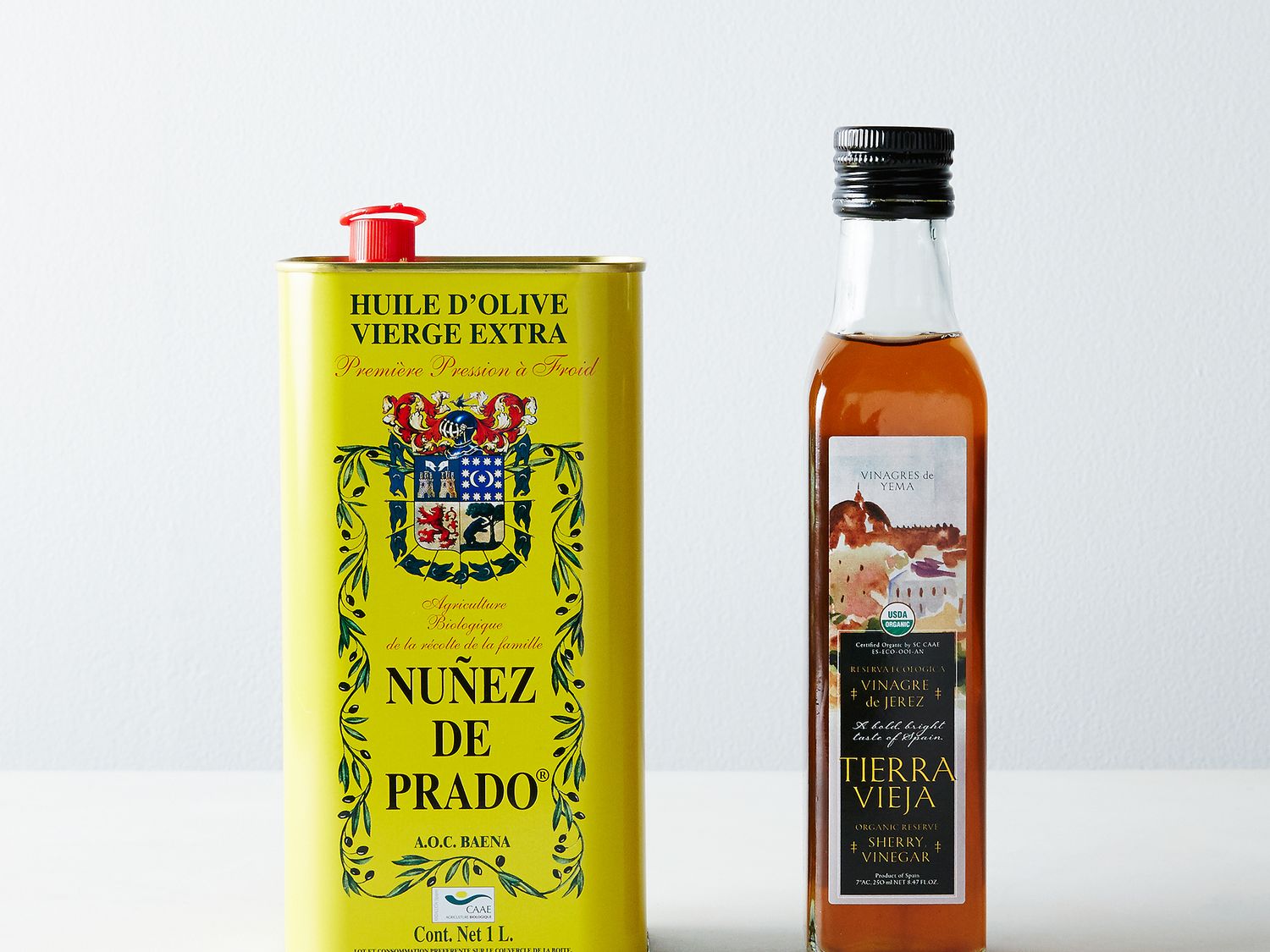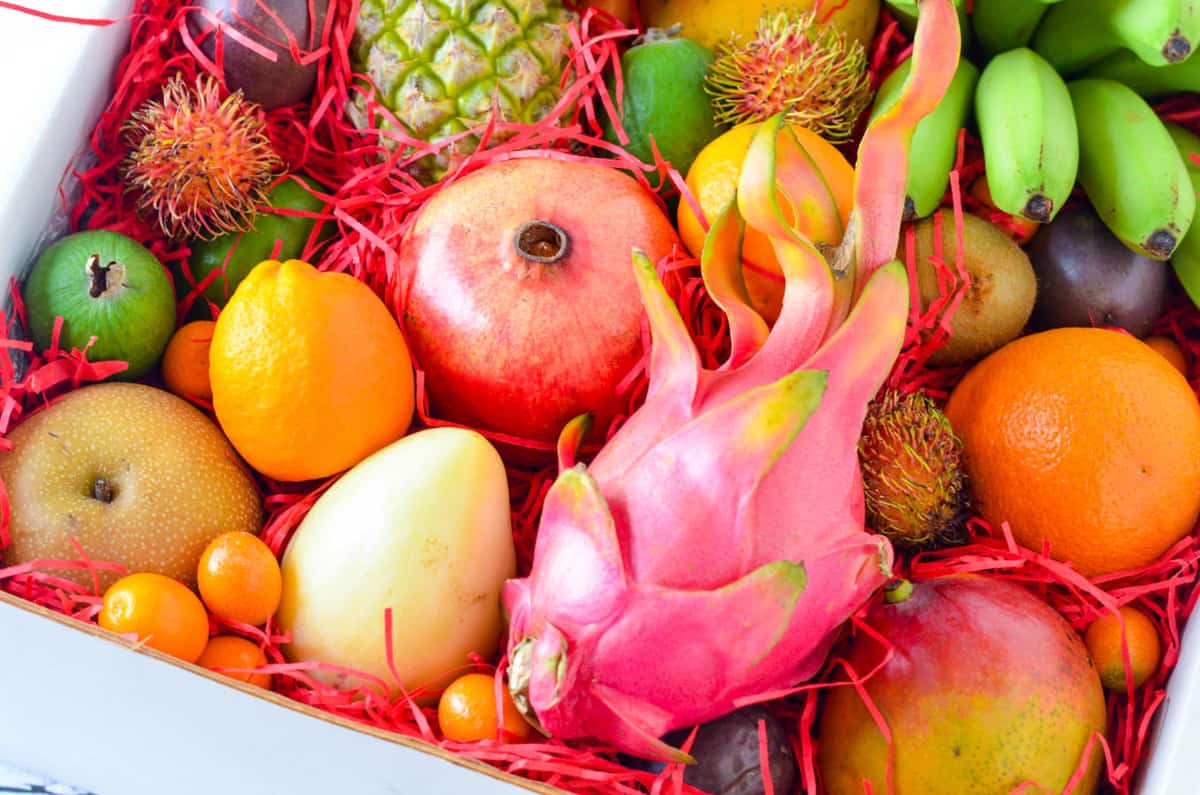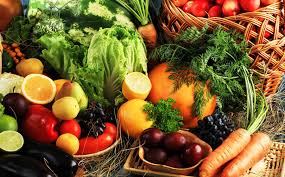Sarah Hemmerle
Professor Krondl
11/21/18
Word: Global/Local
When I think of the word global and relating it to our food and beverage class I think of products and produce that come from somewhere other than the United States. Goods that are imported and are grown outside and brought to the U.S. to be distributed and sold around the country. When I think of the word local I think of foods and goods that are produced/grown nearby. Where I am able to purchase these local goods all in an area that is close and I’m familiar with. Usually, local foods in NYC are found at farmers markets like the one our class went to. To represent the word local I chose a picture of fruits and vegetables at a farmers market. These foods are grown in an area close by. The thing about buying foods globally when it is out of season in the United States is they are imported from other countries to be distributed.
I chose the picture of an olive oil bottle that’s been shipped over from Spain and a picture of tropical fruits. When purchasing from another country the food will taste different. This is because of the weather conditions, soil and climate the food/ingredients are grown in.
When making a recipe for a restaurant you could have 2 of the same item but that come from different regions of the country or world. Like how oranges can come from either Brazil or Florida and even if they are the same type of orange they will taste different as ingredients in a dish. One might be more tart or sweeter than the other which will change the quality, texture, and taste of a dish.
Sources:
Most of America’s Fruit Is Now Imported. Is That a Bad Thing?. (2018). Retrieved from https://www.nytimes.com/2018/03/13/dining/fruit-vegetables-imports.html
Sawe, B. (2018). Top Orange Producing Countries In The World. Retrieved from https://www.worldatlas.com/articles/top-orange-producing-countries-in-the-world.html










